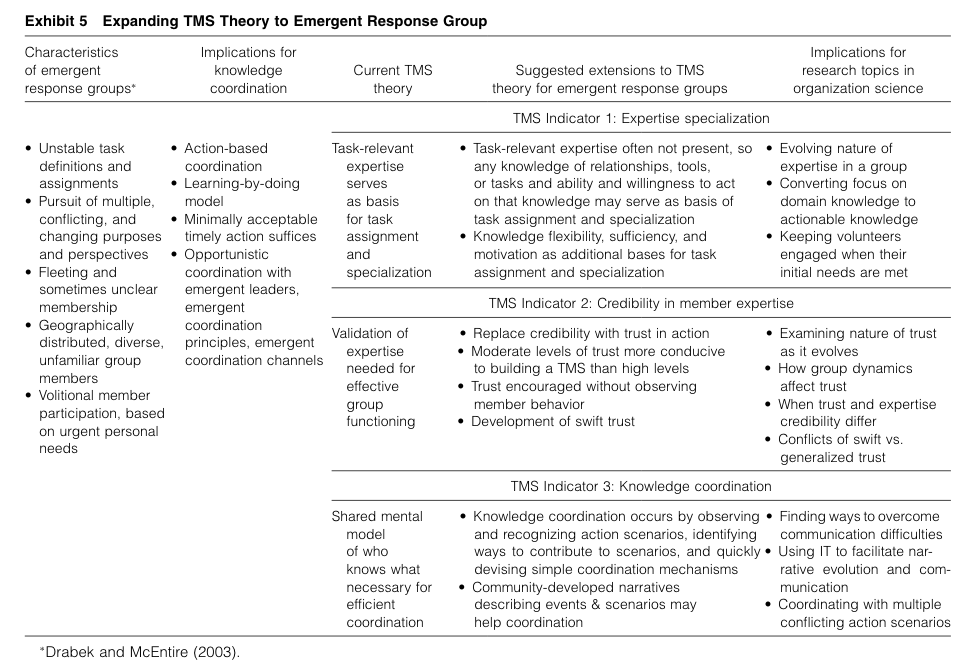Backed By Science: Here’s How We Can Eliminate COVID-19 - Health Policy Watch. (2022, January 23). https://healthpolicy-watch.news/93258-2/
is:webpage
lang:en
COVID-19
science
WHO
elimination
global coordination
airborne transmission
prevention
attitudes
equity
vaccine
strategy
Omicron
variant
herd immunity
pandemic management
mortality
hospital
immunity
reinfection
natural infection
temporary immune response
protection
risk
global solidarity
vaccine plus
